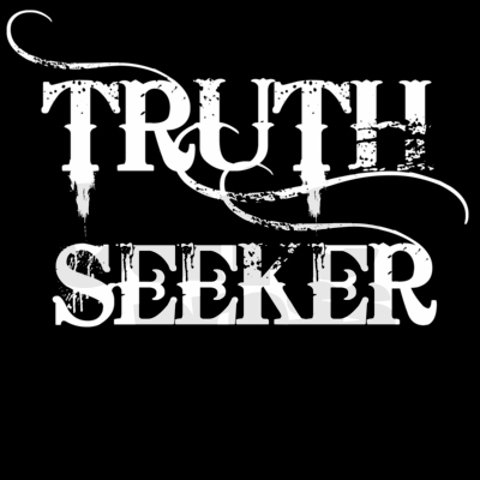The political culture in United States, as in other places around the world, can be argued to be in some part shaped by the widely held ideologies in a society. However, a more honest viewpoint and understanding of how political culture is formed can be held by accepting the fact the widely held ideologies in society beforehand are shaped by intellectuals, nobility or royalty, science, religious beliefs and religious leaders, round table groups, think tanks, news sources, political regimes, politicians, and by many other sources. Historically, the political culture of a country is shaped by political, social, and the intellectual elite and the elite’s ideas essentially form the basis for the widely held ideologies of the society: the widely held ideologies of society then shape the political culture of a country. In our current age where the ideas of "Democracy" are hailed as the most important ideals to hold in a society, people fail to understand that throughout all of history the masses have always been prepared by different factions of elites to perform their will, and thereby contradicting the very notion the masses fight for in having a Democratic government. Whether they are Catholic elites limiting the flow of information to the common lay person and using their positions to gain political power, or a group of Marxists sparking a Red Revolution in Russia, or a group of Communists taking control of the island of Cuba, the political culture of a country almost always seems to be shaped by a small group of people who see an opportunity to control, and never by the majority.
Another important issue continuously brought up in this debate is the issue of Democracy. It is important to understand that Democracy is not the "best form of government," as many scholars would have you believe. Instead it is the best of the worse forms of government. If indeed you need individuals in government (a group of people who use of force) to provide a service or to have some responsibility for provision within a society (the whole group of people) the "fairest" way to do so would be to allow every individual to have their voices and opinions taken into account. However, if your ultimate goals are freedom, morality, and prosperity, than a system that allows for the majority to violate the rights of the minority could never be the best system. In fact, this is the exact reason that the United States was never intended to be a Democracy, but rather a Constitutional Republic, so that the rights of 1% could not be violated by the 99% (no that wasn't a reference to Occupy Wall Street).
Getting into the specifics of United States history, there have been two threads of thought in politics; Classical Liberalism and what we call Liberalism, Progressivism, or Modern Liberalism; Conservatism is an ideology that builds off of these other two. One of these ideological lines can be linked to Jeffersonian ideology or Madisonian ideological thought and the other can be linked to the ideology of Hamilton and Federalism. Whether we agree with one side or the other what we all must agree with is the fact that both ideologies started as a movement within a group of intellectual elites and not as widely held popular and democratic belief in the society. Of course, this specific aspect does not discredit the validity of a specific viewpoint, but it does remove the notion that certain political movements are "By the people," and others are "By the elite." However, the difference between the two historical ideologies is that one group of intellectual elites would rather have the individual manage their life as free from intervention as possible, and the other group feels that because they are the intellectuals they can manage the individual's life better than the individual. But nonetheless, the idea that one of the these positions, or any other political standpoint started as or even can start as a movement of the masses is an absurd notion.
In modern times the two dominant parties, the Political elites or Democrats and Republicans, have taken aspects from both Liberalism and Classical Liberalism to form their platforms, and they have formed the widely held ideologies which then form the political culture in the United States today. In other words, the widely held ideologies of our society today are derived from a combination of the historical lines of Classical Liberalism and Modern Liberalism, and these ideologies are greatly influenced by Democratic and Republican elites. It is important to note that the initial ideologies present in the United States at its inception have, in our current times, been homogenized into one conglomerate where the two dominant political ideologies only differentiate on very few issues and many people within the two parties have the same core beliefs. Although the two ideologies of Classical Liberalism and Modern Liberalism have shaped the current understanding of politics held by individuals within the Democratic Party and within the Republican Party, the two ideologies have not remained pure to their historical foundations. Modern Conservatives are not defined in the same way nor do they have the same beliefs as the Classical Liberals, even though they are said to be descendents of the ideology. In the same way, Modern Liberals are not defined in the same way as Federalists, or Liberals in the past. Overall, these two lines of thought are perhaps the greatest contributors to the current political culture.

No comments:
Post a Comment